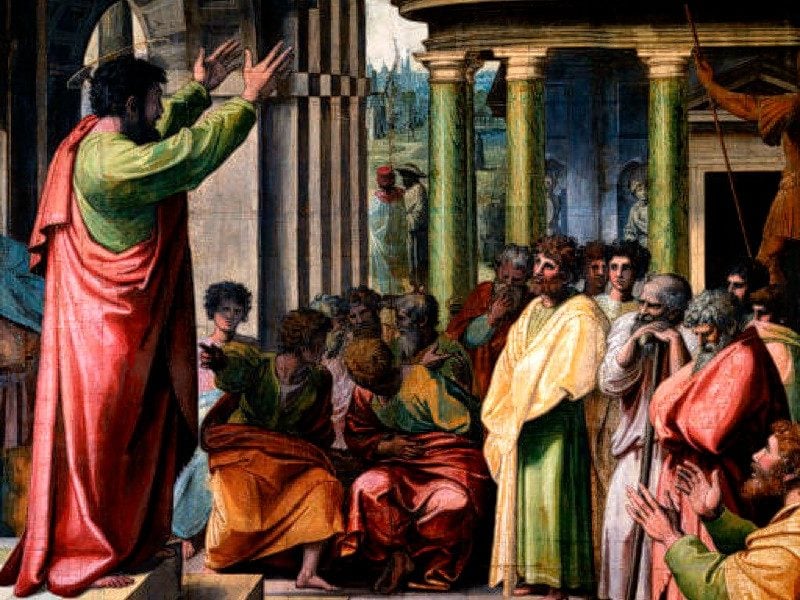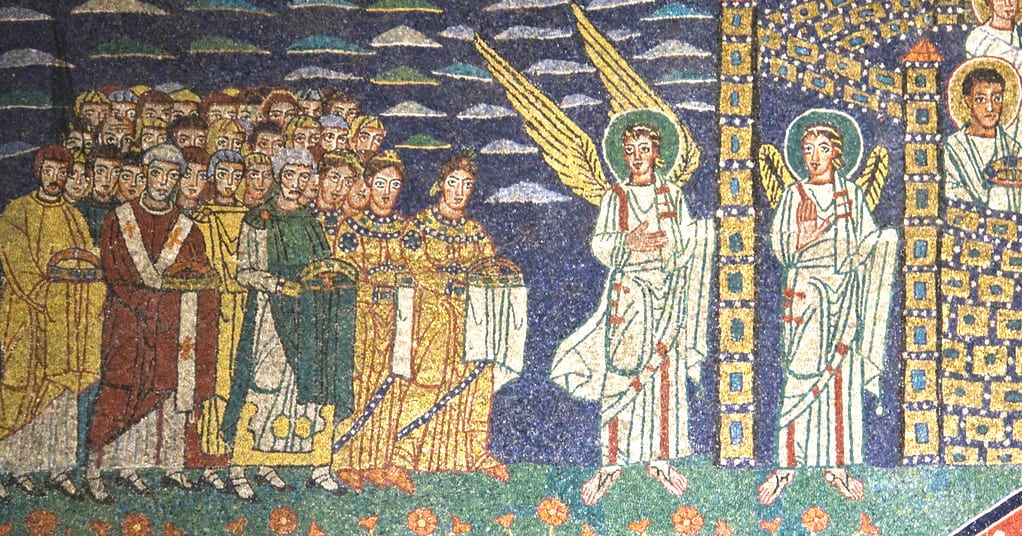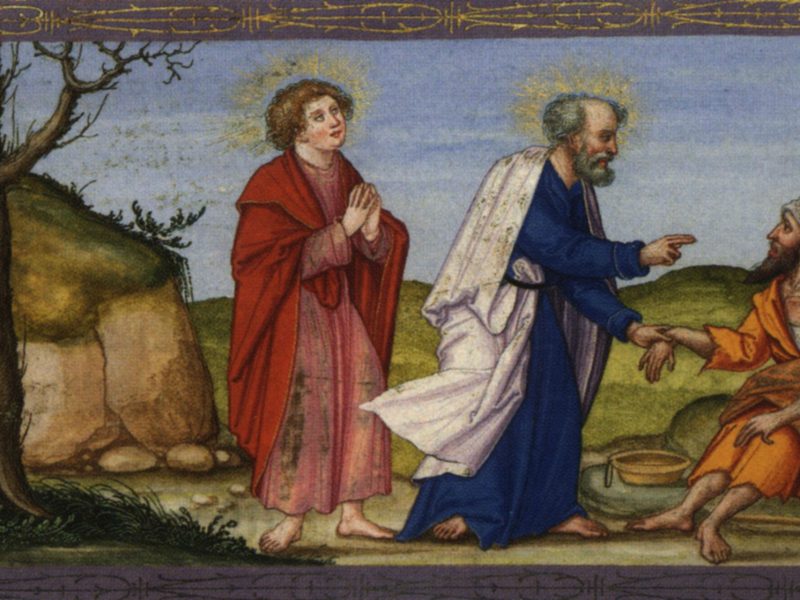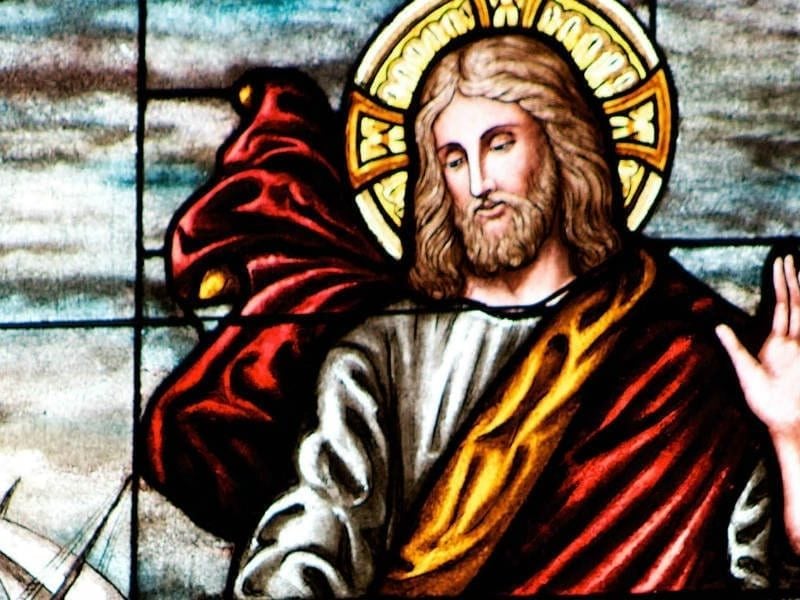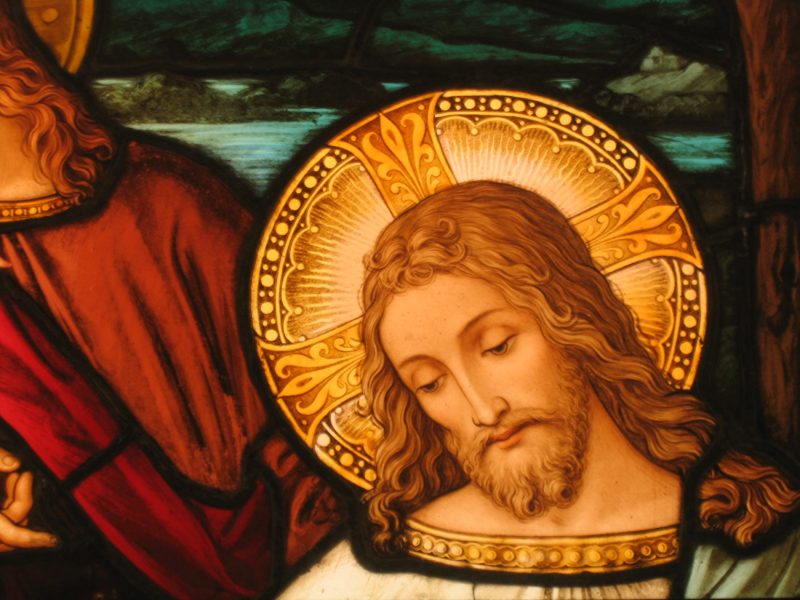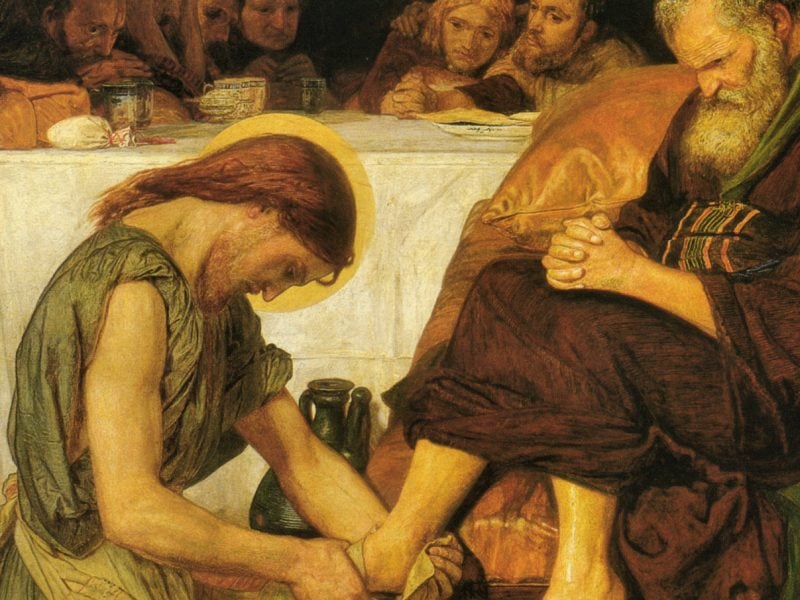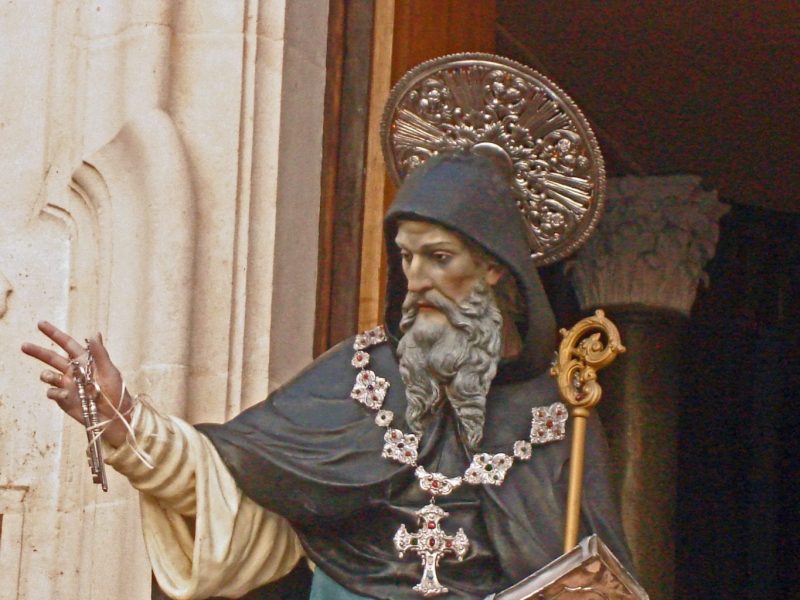Praying Always Through the Desire of the Heart – Augustine
Augustine explains that constant prayer does not mean non-stop church services or recitation of prayers, but a ceaseless desire of the heart for union with God in heaven. This constant desire for God, actually, is one of the three theological virtues, namely the virtue...



